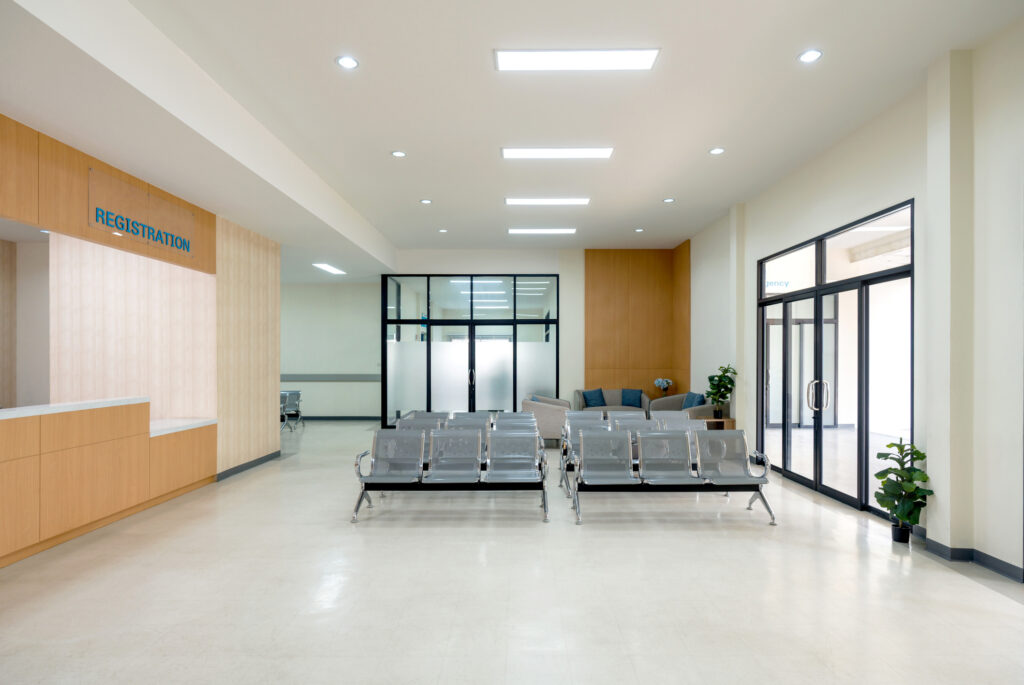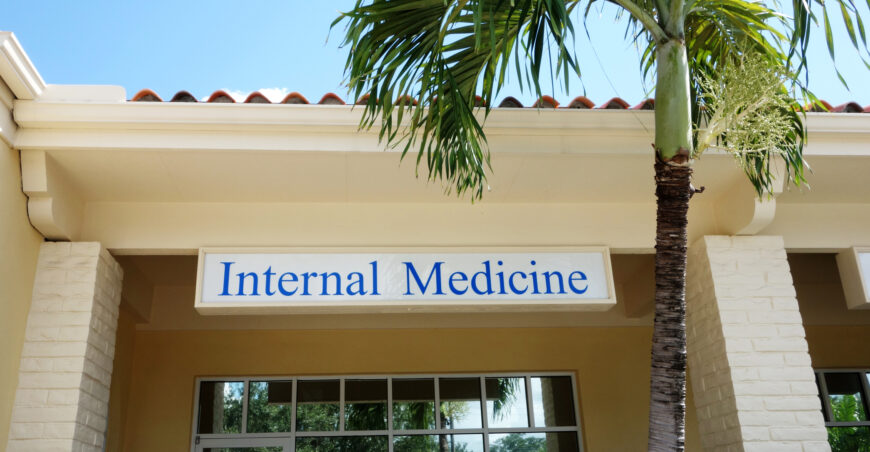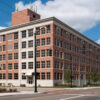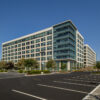The medical office space market is evolving rapidly as healthcare providers adapt to new demands and changing patient expectations. For landlords and real estate investors, staying updated to these shifts is crucial for attracting and retaining tenants in this competitive landscape. Here’s a closer look at the practical trends in leasing medical space and what healthcare tenants are realistically looking for.
Location and Accessibility: Convenience is Key
When it comes to leasing medical space, location is vital. Healthcare providers prioritize spaces that are convenient for their patients, which means being in easily accessible areas. Proximity to major roads, public transportation, and ample parking are top of mind for tenants.
Beyond general convenience, being near other healthcare facilities, such as hospitals and specialized clinics, can be a significant advantage. Tenants prefer locations that make it easier for patients to transition between services without unnecessary travel. For instance, a medical practice next to a pharmacy or diagnostic lab offers added value to both the provider and the patient.
Functional and Adaptable Spaces: Meeting Today’s Needs

While the trend towards flexible space design is often promoted, the reality is that most healthcare providers need spaces that are immediately functional for their specific needs. Instead of completely open floor plans, tenants often look for spaces that already have the necessary buildouts, such as exam rooms, procedure areas, and waiting rooms.
However, adaptability still matters. Medical tenants want the ability to make modest modifications as their practice grows or as they introduce new services. The ability to reconfigure space without undergoing major renovations can be a selling point, but the space needs to meet its current operational requirements from day one.
Technology Infrastructure: More Than Just Internet Speed
Technology is undoubtedly important, but healthcare tenants are not necessarily looking for the latest and greatest gadgets. Instead, they need reliable, functional tech infrastructure that supports their day-to-day operations. This means having robust and secure internet connectivity, sufficient electrical capacity for medical equipment, and space for servers or IT setups.
Moreover, tenants are increasingly concerned with data security, especially with the rise of telemedicine and digital health records. Spaces that offer built-in compliance with HIPAA (Health Insurance Portability and Accountability Act) and other privacy regulations, or that can be easily retrofitted to meet these standards, are highly desirable.
Patient Experience: Creating a Comfortable Environment
Healthcare providers are acutely aware of the importance of patient experience, and this extends to the physical environment of their offices. Tenants seek spaces that are welcoming and comfortable for patients, with features like spacious waiting areas, accessible restrooms, and private consultation rooms.
In many cases, tenants prefer buildings that already offer these amenities or that can be easily customized to provide a better patient experience. Natural light, calming color schemes, and modern furnishings are often appreciated, but the primary focus is on creating a space where patients feel at ease and confident in the care they are receiving
Cost Considerations: Balancing Quality and Affordability
While the quality of the space is important, cost remains a significant factor in leasing decisions. Healthcare tenants are typically working within tight budgets, especially independent practices or smaller clinics. They are looking for spaces that offer good value for money, balancing the need for a professional environment with affordability.
This often means that tenants are not looking for the most luxurious or high-tech spaces but rather for practical, well-maintained facilities that meet their needs without breaking the bank. Landlords who can offer competitive rates, or who are flexible with lease terms and improvement allowances, are more likely to secure long-term tenants.
Compliance and Safety: Essential, Not Optional
Compliance with healthcare regulations is non-negotiable for medical tenants. This includes not only adhering to building codes and ADA requirements but also ensuring that the space can support the specific needs of healthcare operations. For example, tenants will look for spaces that are properly ventilated, have adequate waste disposal systems, and meet fire safety standards.
Safety is another top priority. Tenants expect buildings to have appropriate security measures, including secure access points and surveillance systems, to protect both patients and staff. For medical practices, ensuring a safe environment is not just about physical security but also about creating a space where patients feel secure during their visits.
Parking and Accessibility: Don’t Overlook the Basics
It might seem basic, but parking is a huge factor for medical tenants. Ample, convenient parking can make or break a lease deal. Patients expect easy access to the facility, and healthcare providers want to ensure that parking is never a hassle. Reserved spots for staff, handicap-accessible spaces, and proximity to the entrance are all critical details that landlords need to consider. Moreover, the building’s overall accessibility, including elevators, ramps, and clear signage, can significantly impact a tenant’s decision. A space that is difficult to navigate or that lacks sufficient parking may be quickly passed over, regardless of its other amenities.
In today’s market, healthcare tenants are looking for more than just a space to start their business. They need medical office spaces that are practical, cost-effective, and designed with both patient and provider needs in mind. By focusing on the real-world demands of healthcare provider such as location, functionality, technology, and patient experience – landlords and real estate investors can better position their properties to attract and retain high-quality tenants. Understanding these key trends allows property owners to meet the expectations of the healthcare industry while ensuring their spaces remain competitive in a dynamic market.
If you are interested in learning more about the commercial real estate market, feel free to reach out to us at ICRE Investment Team anytime. We’d be happy to help supply you with information on any relevant properties or markets, alongside any connections in lending, investing, brokerage service or consulting that you might need!
















